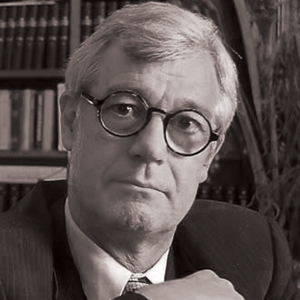High-profile barrister Julian Burnside QC has warned that a speech by Supreme Court Judge Stefan Lindskog, which attracted extensive media attention, “gives cause for optimism” when Julian Assange is still very much at risk of being extradited to the US.

Lindskog defended the leaking of classified information and described the case against Assange as “a mess” in a public lecture held at Adelaide University last month (3 April).
Lindskog was joined in a panel discussion on freedom of speech in Australia by Burnside (pictured), who applauded the judge for raising questions over the legality of the US being able to extradite Assange via Sweden. Burnside warned, however, that Lindskog’s speech could “lull the Australian public into a sense of security”.
There are circumstances of “real concern”, said Burnside, including the fact that Assange has embarrassed the US government, prominent Americans have called for him to be assassinated or tried for espionage, and Sweden has a witness surrender agreement with the US.
Burnside also highlighted that the mainstream press, which republished secret US military documents released by WikiLeaks in 2010, gave the material much greater exposure.
“The freedom of the press, it seems, depends on whether the news outlet in question has the favour of the American government,” he added.
Last year, Burnside wrote a letter to the Australian Attorney-General asking, among other questions, if Australia had enquired whether US authorities are investigating Assange and intend to seek to have Assange transferred from Sweden to the US.
The Attorney-General’s reply did not provide clear answers, said Burnside, which led him to believe that either Australia was aware of American plans from which Assange needed protection, or had suspicions about American plans and preferred to turn a blind eye.
“Neither of those conclusions is consistent with Australia’s obligations to one of its citizens ... it seems to me that the Gillard Government has abandoned Assange,” he added.
Another barrister and former head of the Australian Lawyers Alliance, Greg Barns, revealed this month that he will run the WikiLeaks Party’s campaign for a seat in the Victorian Senate.
He told Lawyers Weekly in April that if Assange wins a Senate seat, it may “force the Australian Government’s hand” to allow the controversial activist safe passage to Australia.
Lawyers Weekly’s attempts to contact Burnside prior to publication were unsuccessful.